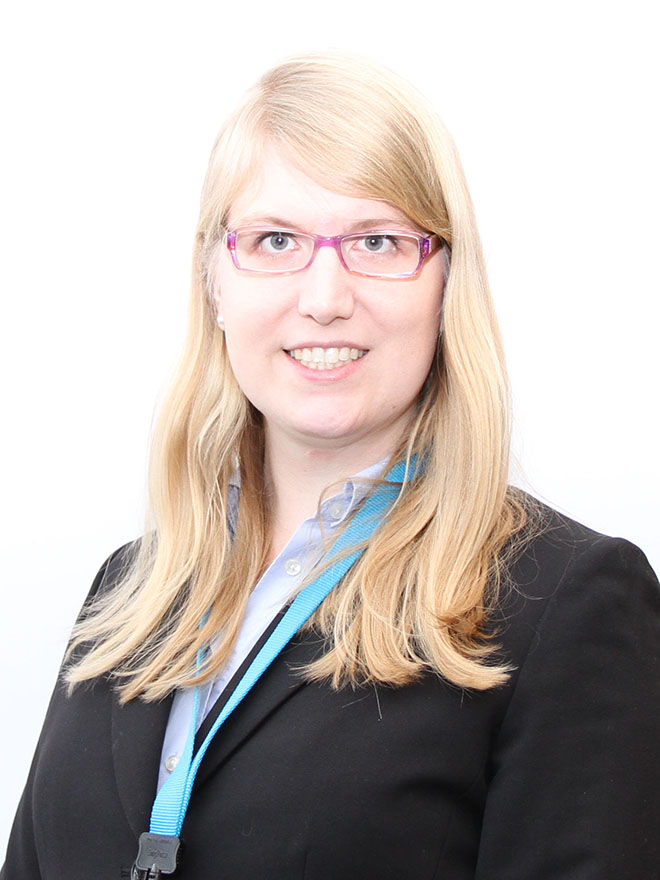
Reentry to the community after incarceration is a very vulnerable time for people involved in the criminal justice system—particularly if they have a substance use disorder. “Folks exiting a correctional facility are 120 times more likely to have a fatal overdose in their first month in the community than the general population,” says Emilia Dunham, MBA/MPP’15.
As the manager of special projects for MassHealth’s office of behavioral health, Dunham says, “We were hearing again and again that the majority of individuals held – 80% or more – within correctional facilities had substance use and/or mental health needs.”
In addition to providing health care to low-income Massachusetts residents, MassHealth is determined to improve behavioral health care – including mental health and substance use treatment – for individuals involved in the criminal justice system. After consulting with experts, Dunham and her colleagues settled on a “reach-in, reentry” model in which health care navigators—who help clients maneuver through complex health and social support systems—connect with clients prior to their release and continue working with them once they’re living in the community.
To get the program off the ground, in 2018 Dunham and her colleagues designed a pilot demonstration in Middlesex and Worcester counties. She coordinated with a complex network of stakeholders including the Massachusetts Trial Court (which provided funding), the Department of Correction, local county sheriffs’ offices, the Massachusetts Parole Board, and other agencies. She then orchestrated a public procurement—similar to a request for proposals—and established contracts with two behavioral health providers to provide navigation services.
“COVID has been very challenging; correctional institutions have frequently been under lockdown as a public health measure, so the providers and correctional staff innovatively worked together to continue meeting with individuals via telehealth,” says Dunham. Despite these difficulties, the pilot has been an exciting step forward—and she’s now working to expand the program state-wide for a Fall 2021 launch.
From budget and contract management to meeting with sheriffs and corrections officers, Dunham’s responsibilities at MassHealth are broad and no two days are the same. Fortunately, she says, her Heller experience prepared her with the transferrable skills and resourcefulness needed to establish and grow a new program. “As an MPP/MBA dual degree student, I had to learn to be adaptable, to pick up a broad skillset that enabled me to take on this project and do whatever was needed for it.”
The success of the program brings Dunham not only professional pride but personal satisfaction. “Many of us, myself included, had friends and family impacted by the opioid epidemic, or lost loved ones. I grew up in Massachusetts, I had friends and classmates pass away from substance use—and some of them were involved in the justice system,” she says. “It’s hard not to be passionate about this work.”
